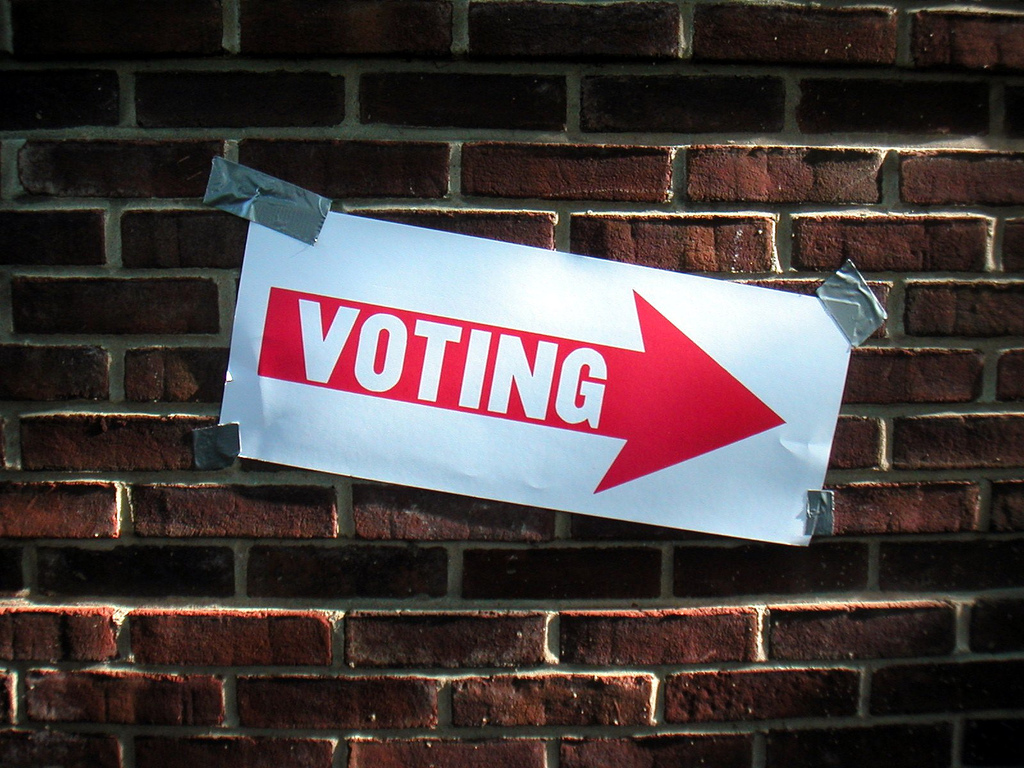Please support our coverage of democratic movements and become a monthly supporter of rabble.ca.
Andrea Horwath’s decision to reject Wynne’s budget, and her current ONDP campaign, have been massively attacked by media commentators and vocal critics on the left.
What they fail to note are the imperatives that likely shaped Horwath’s choices, including the enormous impact that advocacy for ‘strategic voting’ by left organizations has had among NDP activists and decision-makers.
For obvious reasons, many on the left of the NDP loath ‘strategic voting’ and denounce it. But its promotion by prominent progressives not only demoralized many New Democrats, this also has had two unintended consequences.
First, ‘strategic voting’ advocacy eviscerated the left-wing of the NDP, federally and in Ontario. Numerous prominent progressives, and leaders of the NDP’s inner left-wing, were also vocal advocates of ‘strategic voting’ during election periods. Over successive elections, this undermined the credibility and solidarity of the NDP’s left-wing, to the point where it lost its historic capacity to effectively ‘veto’ controversial policy positions.
A seminal moment was Buzz Hargrove’s public endorsement of Paul Martin at the CAW Convention at the start of the 2006 federal campaign, including Hargrove’s televised act of personally putting a CAW jacket on Martin. This hardened antagonism within the NDP toward proponents of ‘strategic voting’, and subtly altered how many NDP activists saw those who demand the NDP adopt electorally costly policy stances at conventions while advocating ‘strategic voting’ during elections. This shift was formalized by the ONDP’s decision to publicly expel Hargrove, even though it meant CAW would retaliate by severing ties, which also weakened the left within the NDP.
Second, progressive advocacy for ‘strategic voting’ hammered home to New Democrats the poverty of ‘moral victories’ and being the ‘Conscience of Parliament’. Unintentionally, the willingness of prominent unions, and progressive public figures to advocate ‘strategic voting’ during the McDonough and Hampton eras forced many New Democrats to emphasize winning elections.
In response, both parties elected more broadly appealing Leaders, like Layton and Horwath, and adopted electoral stances geared toward increasing the party’s appeal among undecided and swing voters. Much of the increasing ‘moderation’ the NDP has displayed under Layton and Horwath reflects cold-eyed ‘pruning’ of traditional stances that do not garner electoral support, and replacing them with more ‘centrist’ stances that minimize potential vulnerabilities.
The Wynne Liberals are currently pursuing soft New Democrats and swing Liberal-NDP voters with extremely tempting promises. In the past, New Democrats sought to retain these voters with significant promises of their own, even at the cost of broader appeal. But as the NDP focuses on holding its base, it becomes increasingly vulnerable to ‘strategic voting’ arguments, which highlight the broader Liberal appeal. This ‘Catch-22’ situation led to the disastrous Ontario 1999 and federal 2000 elections that highlighted the dismal consequences of focusing solely on defending the NDP’s base, in the face of ‘strategic voting’.
Instead, Horwath is pursuing an extremely risky and untried approach that focuses on the substantial number of Ontario voters who are dissatisfied with both the Liberals and Conservatives. A crucial component are voters who traditionally voted for the NDP until ‘seduced’ by the appeal of the Reform Party, and the Mike Harris PCs. While these voters are often seen as incorrigibly ‘right-wing’, they are more accurately viewed as ‘populists’, and were the historic mainstay of the CCF-NDP from the 1930s to the 1990s. More recently, many voted for Jack Layton’s NDP, on the basis of the federal party’s focused ‘pocket-book’ appeals.
Much of the ‘progressive’ fury directed at Horwath derives from her decision to not engage in an inevitably self-destructive bidding war with the Liberals, and instead pursue voters dissatisfied with the Liberals and tempted by the PCs. Despite its extreme risk, this strategy offers a three potential benefits.
First, it directly appeals to ‘Anybody But Liberal’ (ABL) voters who otherwise would consolidate around the Hudak PCs.
Second, it targets voters who are not susceptible to ‘strategic voting’ arguments, and the bidding war with the Liberals.
And third, it gives New Democrats plausible grounds for appealing to “Anybody But Conservative” (ABC) voters on the grounds that only the New Democrats — and not the Liberals — are directly pulling votes away from Hudak’s PCs.
If you want to “Stop the PCs!,” one of the most effective ways is to strip away soft PC support by providing a preferable alternative. This is central to Horwath’s strategy.
The flip side is relying on local NDP campaigns to play ‘defence’ against the Wynne Liberals, and hold onto swing Liberal-NDP votes at the riding level. This effectively yields soft NDP votes to the Liberals in ridings where the primary competition to the Liberals come from the PCs, and not the NDP, and optimizes the ability of the Liberals to hold seats against PC challengers.
This strategy creates a perilous risk of Liberals defeating NDP incumbents in tight races. It requires New Democrats to avoid the ‘bidding war,’ challenge the credibility of Liberal promises, and emphasize the tangible value of NDP commitments. This will not satisfy many progressives, but it may mobilize voters for whom these commitments concretely matter.
It is impossible to predict whether this strategy will work. It has never been tried before, and it depends on a host of unknown factors. It may prove catastrophic. But the approach being advocated by Horwath’s critics has consistently produced NDP collapses, and may allow Hudak to consolidate enough ABL votes to capture government.
If the goal is to prevent certain NDP collapse and a PC government, then Horwath and her team are doing what they should.
Chanchal Bhattacharya is a participant observer of politics who combines campaign experience with a Ph.D. in Political Science from York University.
Please support our coverage of democratic movements and become a monthly supporter of rabble.ca.



